Why the death of Windows 10 Mobile may be a good thing
All good things must come to an end. Windows 10 Mobile is no exception.
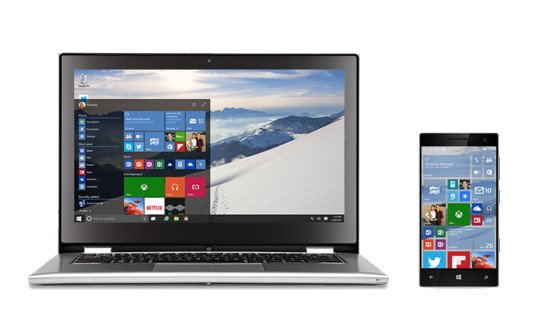
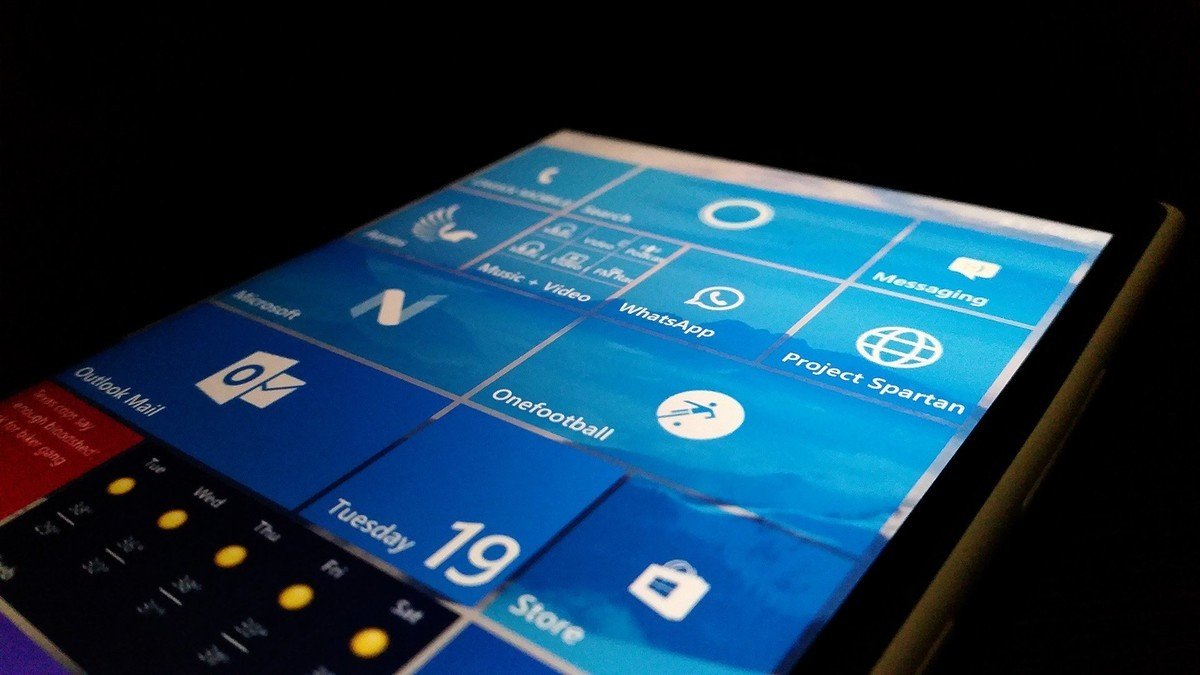
The imminent death of Windows 10 Mobile shouldn't come as a surprise to optimistic nor pessimistic Microsoft watchers. Observations from both camps foresaw its demise. Pessimist's concluded that the weight of opposition stacked against Microsoft would ultimately cause the company to abandon Windows 10 Mobile and its mobile ambitions.
Optimists concluded that like its predecessors, Pocket PC, Windows Mobile and Windows Phone, Windows 10 Mobile would be replaced by a successor. Full Windows on ARM or some other form of Windows utilizing CShell are anticipated to succeed Windows 10 Mobile. This would bring the full power of Windows to unique mobile devices and bring OS consistency across all form factors. With hints of an imminent introduction of Andromeda OS, Microsoft's context-conforming Windows OS, the optimist's analysis seems the more accurate of the two.
Still, the death of Windows 10 Mobile, like that of its predecessors, will leave many Windows phone enthusiasts with devices that can't be upgraded. There's no sugarcoating it, that hurts and many fans are mad about it. It's also another mark on an already marred history for Microsoft and mobile. But it's not all bad. The death of Windows 10 Mobile may be a good thing.
Power to the platform
Microsoft's ambitious, Windows-on-all-form-factors plan was finally achieved with OneCore. The problem, however, is that Windows 10 Mobile, the OS designed for small tablets and phones, was never developed completely in sync with Windows 10 proper as the "one Windows" messaging suggested.
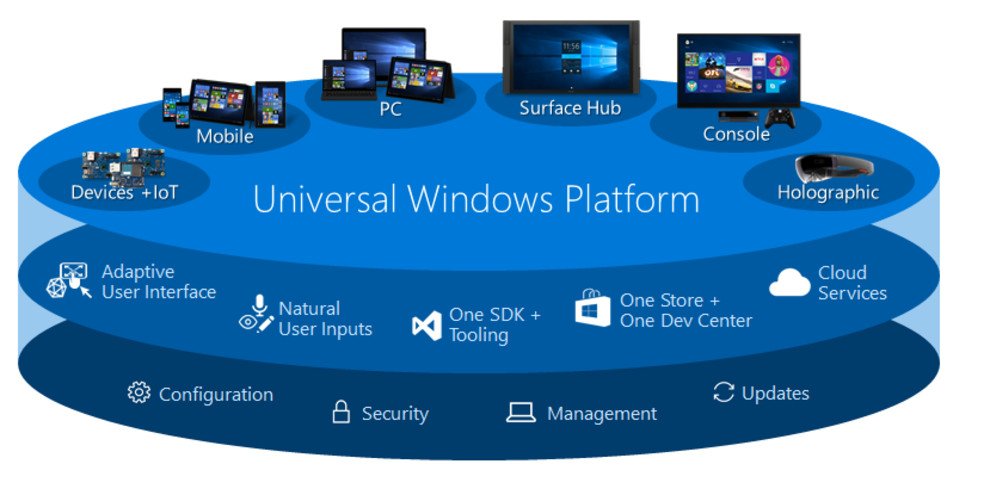
Furthermore, though it is indeed Windows, it isn't quite Windows. It doesn't have the full capabilities of a Windows 10 PC such as inking and other features. So though it shares the same core as Windows 10, it's an underpowered counterpart.
With full Windows on ARM, Andromeda OS, on new non-phone mobile hardware (ultramobile PCs perhaps), Microsoft can finally bring the full power of Windows to our pockets. The range of capabilities that will bring to the mobile form factor via Continuum and in handheld mode would conceivably parallel much of larger PCs capabilities while retaining a mobile-friendly UI.
Then there was one… finally.
Windows 10 Mobile's demise also streamlines the Windows "platforms" users must be aware of and that developers must target.
Get the Windows Central Newsletter
All the latest news, reviews, and guides for Windows and Xbox diehards.
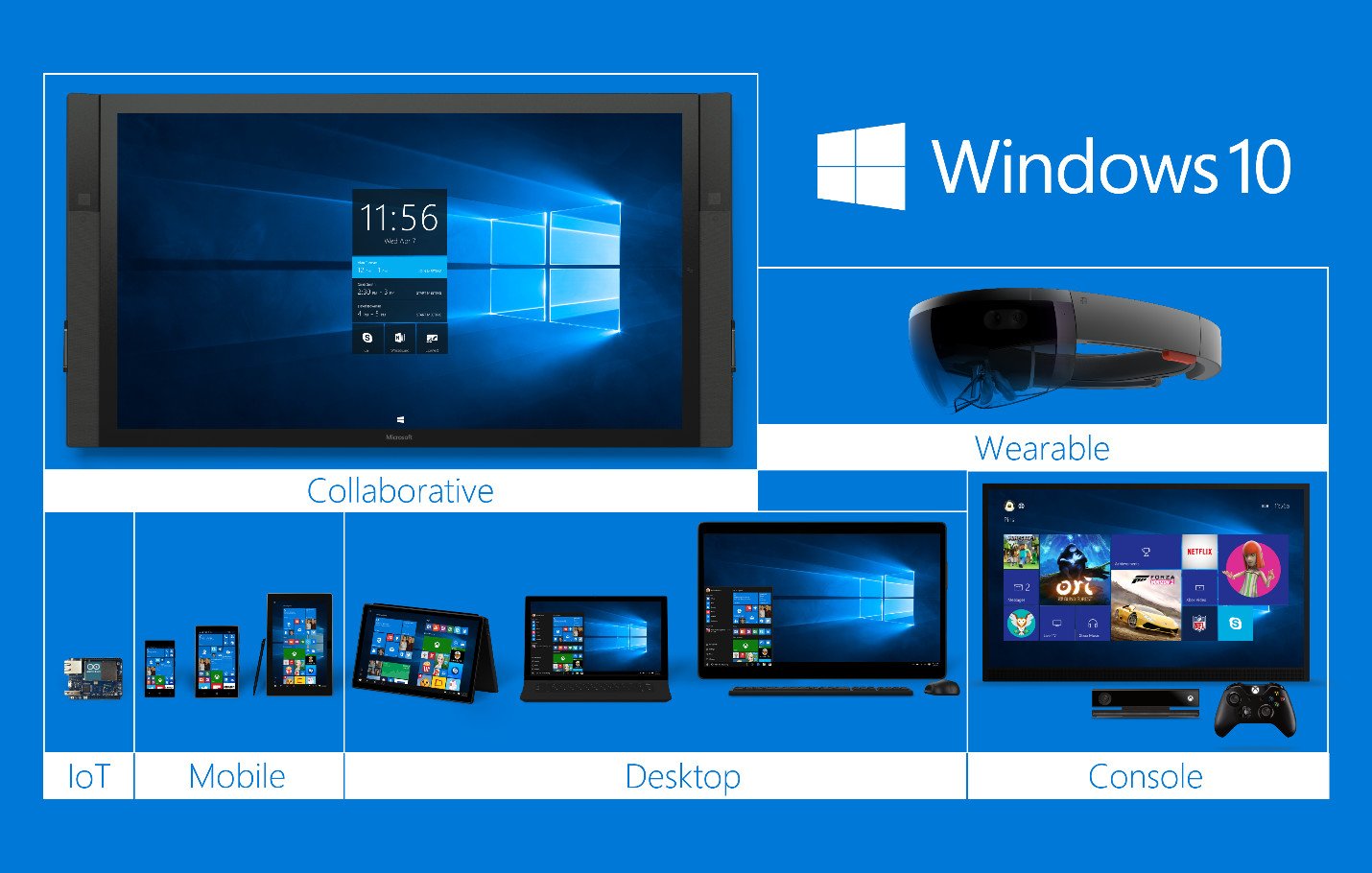
When Microsoft says Windows 10 Mobile is Windows, consumers and some developers might conclude that there are little or no differences between Windows on PC and Windows on phone. Realizing the limits of Windows 10 Mobile compared to Windows could be disheartening to some. The distinction could also be confusing to consumers.
Conversely, users and developers know that iOS and Android are for mobile devices while macOS and Chrome are for desktop environments. When Microsoft says, Window is Windows, but Windows 10 Mobile is not quite Windows the company muddies its own messaging.
Full Windows on all PC form factors including ARM-based ultramobile PCs clarifies the messaging. Windows will finally simply be Windows on all form factors with Windows 10 Mobile and smartphones out of the picture.
A way out of phones, while staying in "phones" (it's complicated)
Almost every smartphone Microsoft or its partners launched failed miserably or resonated with a niche group barely noticed by the masses.
If Microsoft launched another phone history would likely repeat itself. Fortunately, the company's investments in ARM, cellular and a modular form of Windows will allow it to advance its telephony-enabled mobile PC strategy while forgoing smartphones and Windows 10 Mobile.
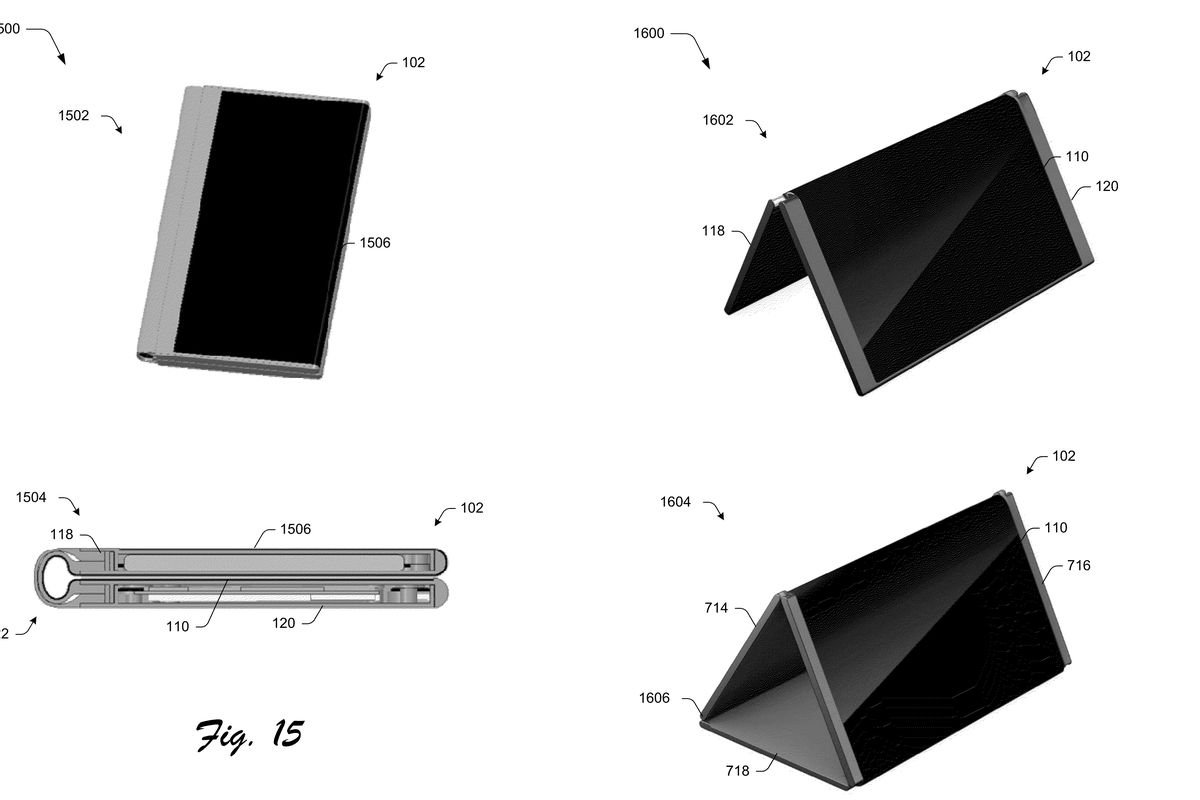
These investments allow Microsoft to position a unique telephony-enabled mobile device while not competing directly with the iPhone or Android phones. Consumers won't forsake their phones and flock to this device, but this strategy keeps Microsoft relevant in the mobile space.
A new PC category for a PC-focused future
Dropping Windows 10 Mobile allows Microsoft to focus on its strength, PCs. A pocketable telephony-enabled PC category, with an inking focus, will fit well within the company's device family. Development of a single platform for all PC form factors, including an ultramobile Surface, creates a consistency the distinction of Windows 10 Mobile and smartphones wouldn't allow.
Microsoft's focus will be setting the bar for PC categories.
Additionally, without Windows 10 Mobile or a phone, Microsoft's messaging to OEM partners will be clear and definitive. It's hardware efforts will be focused on setting the bar for Windows 10 PC categories. The anticipated ultramobile Surface will be positioned to inspire OEM partners to create telephony-enabled PCs. Recent patent's for a foldable device suggest Microsoft has't entirely abandoned the Courier concept which sports two seven-inch displays.
An updated Continuum-enabled Courier Windows 10 PC may appeal to some consumers.
This category may resonate in the enterprise, in certain occupations, and among prosumers. With enough OEM support and time, it may gain visibility among the general consumer space. As a unique PC that can be a tablet when unfolded and via Continuum be a desktop or laptop (via an HP Lap Dock-like peripheral) some iPhone and Android users may even purchase one for its PC attributes rather than its phone capabilities.
If ultramobile PCs are positioned and packaged as PCs, this could be Microsoft's "Trojan phone" strategy. Consumers who buy these PCs would also be buying "phones."
How Microsoft can ensure Surface phone success
Personal computing redefined
The modern smartphone is increasingly less about being a phone and more about being an always-connected computer where telephony is just another app.
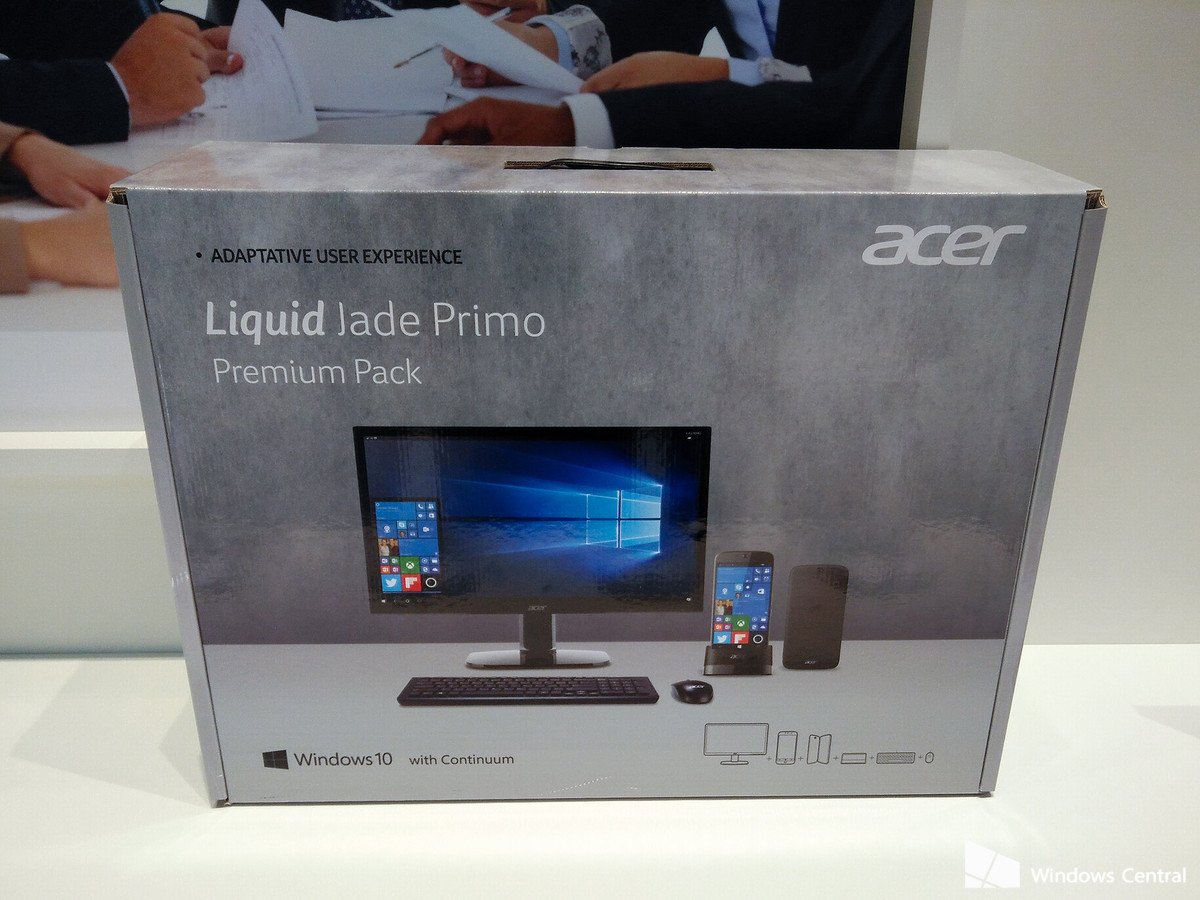
Skype, is an example of a possible future of internet-facilitated calls via an app. Google's Project Fi attempts to bypass carriers to create such a future.
Tech companies realize that the internet, intelligent cloud and AI are core to the smartphone experience and telephony is simply one of the functions the ecosystem supports and users see as necessary. Though rivals aren't bringing the power of full PCs to the mobile space like Microsoft, they are bringing mobile and desktop computing closer together.
Microsoft's one Windows strategy is materializing in the wake of a failed smartphone effort, but has always been in view. Its lead in merging mobile and desktop computing is the direction other tech companies are moving though to varying degrees.
Windows 10 Mobile's demise is essential to progressing Microsoft's one Windows personal computing strategy. And for all the pain its causing progress is a good thing.
Jason L Ward is a columnist at Windows Central. He provides unique big picture analysis of the complex world of Microsoft. Jason takes the small clues and gives you an insightful big picture perspective through storytelling that you won't find *anywhere* else. Seriously, this dude thinks outside the box. Follow him on Twitter at @JLTechWord. He's doing the "write" thing!

